Home Mover
LIFELINK MAKE IT EASY
All our Advisers are qualified
to give you advice
If you move home you will require a residential mortgage, probably the largest financial commitment you will ever undertake and with so many mortgage options available these days making a decision can seem daunting!
And unless your lucky lotto numbers come up the payments will continue for a long time so it is important that you get the right advice to allow you to retain the family home.
Our experienced advisers will guide you through making decisions on a number of key factors when considering your options to ensure you have the appropriate mortgage for your circumstances.
You will also have to decide whether it is appropriate the retain your existing mortgage as this could have a very beneficial low fixed rate that you may want to retain in these circumstances we have outlined below some options that may be available to you.
Port your mortgage
If you are an existing mortgage customer, you may be able to port your mortgage from your existing property to the new home you wish to live in. This may need to be increased or decreased depending on your circumstances.
Further Advance
A further advance is essentially an additional borrowing on top of your current mortgage deal, this becomes an option when you are looking to move in to a property that holds a value greater than that of your existing home. You will typically pay a different rate of interest on this loan and it can often be cheaper than a personal loan.
Let to buy
This option is ideal if you are looking to move into a new residential property but you’re not comfortable with selling your existing property, either because you think it might appreciate in value, hold a good rental income, or you haven’t ruled out moving back into it one day. This strategy allows you to begin renting out your existing property while you move into a new home.
How will you repay the mortgage?
Capital repayment
Capital repayment is where your monthly repayments consist of both the capital amount you have borrowed but also interest charged on the outstanding debt. This is the most common method of repaying your mortgage because so long as you make all monthly payments during the entire mortgage term you will have paid off your mortgage and own your home mortgage-free.
Interest only
The other method is interest only, this is where you only pay the interest to the lender so at the end of your mortgage term you would still owe the amount you borrowed as you have only paid back the interest.
Interest Rates
Once you have chosen your method of repayment, you need to consider whether you want a fixed or variable rate of interest. A fixed rate means your rate is fixed at that % and your monthly repayments stay at that amount for the period of the fixed rate. The other types of interest rates are discounted or variable this means the rate could go up or down based on what the Bank of England decides to do.
Charges and fees
Lenders charge arrangement fees. The size of these fees depends on the rate of interest, typically the lower the interest rate charged the higher the fee. There are also Legal fees to pay when purchasing a property, including solicitor fees, valuation fees, Search fees, Land registry and stamp duty.

